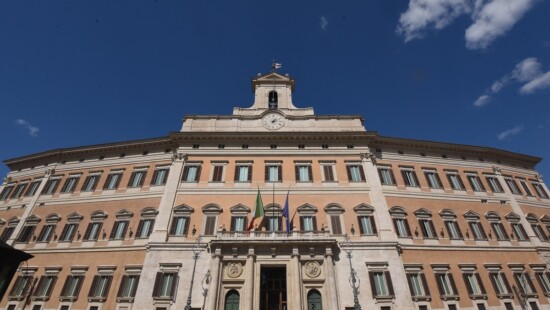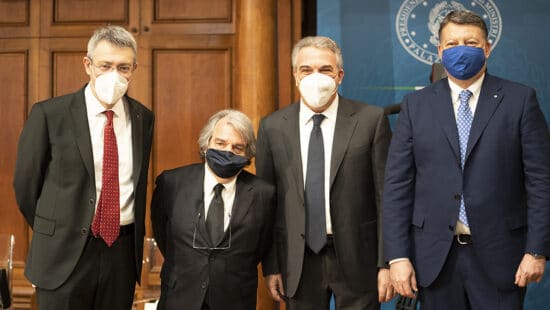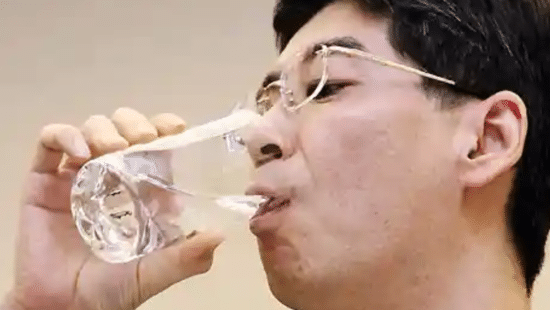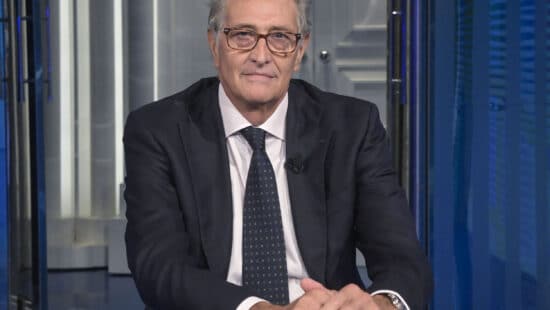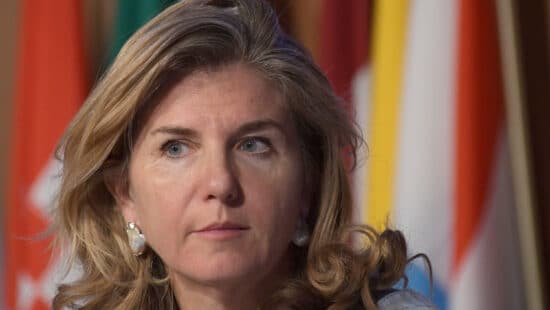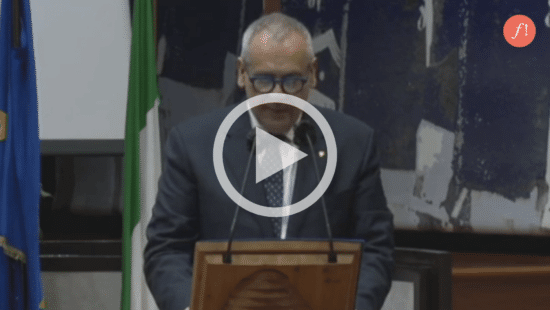Mentre si discutono nuove possibili misure, schematizzate dalla cabina di regia riunita ieri a Palazzo Chigi, e che oggi vengono sottoposte al vaglio dei governatori nella Conferenza Stato-Regioni, si guarda ai dati economici diffusi dall’Istat. Tutti gli appuntamenti di oggi 11 marzo 2021
Archivi
Phisikk du role - Brunetta e la metamorfosi dello Stato
Insieme con la transizione ecologica, si prepara la transizione burocratica con il traghettamento verso una dimensione moderna, con aspirazioni “friendly”, che sa dialogare con le tecnologie digitali e con tutte le generazioni degli italiani, dunque uno spazio accogliente e non vessatorio, capace di offrire il dovuto e in tempi veloci. Andrà a buon fine? La rubrica di Pino Pisicchio
Speciale Sputnik V: così la Russia impone il suo vaccino (senza i test necessari)
Perché si parla così tanto del vaccino russo, in Italia come nel mondo? Come mai non si può utilizzare in Europa, ma alcuni Paesi (tra cui l’Italia) si stanno attrezzando per farlo? E quanto c’entra la propaganda russa? Tutto quello da sapere sul farmaco e la “guerra ibrida” che si nasconde dietro a una fiala
80 anni fa arrivava John Doe, l'uomo qualunque di Frank Capra
In pieno secondo conflitto mondiale, il 12 marzo del 1941, usciva Meet John Doe (“Arriva John Doe”), con l’eccezionale duo Gary Cooper/Barbara Stanwyck. La perfetta commedia sociologica di Frank Capra era un apologo, ancora attuale, sulla bontà dell’uomo della strada preda del potere della stampa e della politica. Il ricordo dello storico e critico Eusebio Ciccotti
Fukushima dieci anni dopo. Il disastro nucleare nel ricordo dell'amb. Petrone
Quando l’11 marzo del 2011 un violentissimo terremoto scosse il Giappone, provocando il disastro nucleare di Fukushima, Vincenzo Petrone era ambasciatore d’Italia a Tokyo. A dieci anni di distanza, ecco il ricordo di quei drammatici momenti, tra gestione dell’emergenza e la psicosi nucleare che arrivò fino al nostro Paese
Fukushima e quel silenzio opaco
Ero a Tokyo alle 14:46 (6:46 ora italiana) di quell’11 marzo 2011, quando un terremoto di magnitudo 9.1 scosse la terra e provocò uno tsunami con onde alte 13 metri, destinate pochi minuti dopo a mettere fuori uso l’impianto di refrigerazione della centrale nucleare di Fukushima, causando la fusione di tre reattori e un disastro ambientale analogo solo a quello…
Vaccini? Giù le mani dalla Commissione Ue. Parla Guido Rasi
Il microbiologo ed ex direttore esecutivo dell’Ema Guido Rasi spegne le (inutili) polemiche sul ruolo della Commissione Ue nel ritardo sui vaccini, “dobbiamo un grazie a Sandra Gallina per averci messo la faccia”. Gli Stati membri puntano il dito contro big pharma e Bruxelles ma sono i primi a non voler delegare i poteri necessari all’Unione
La propulsione che serve alla Difesa. Il punto di Procacci (Avio Aero)
L’audizione in Commissione Difesa, alla Camera, di Riccardo Procacci, amministratore delegato di Avio Aero. Tra crisi dell’aviazione civile e opportunità sul fronte militare (con Tempest ed EuroMale), l’Italia dovrà investire con decisione sul comparto aerospaziale, anche attraverso il Pnrr
Oltre i ristori, ecco come salvare le imprese italiane. Parla Marina Brogi
Intervista all’economista e docente alla Sapienza: molte imprese rischiano di avere problemi di liquidità e capitale nel breve termine. Una soluzione può essere restituire parte delle tasse pagate in passato, come già avviene in Francia e Germania. Avanti tutta sui vaccini, ma è tempo di un passaporto sanitario per cominciare a tornare alla normalità
Insediato a Roma il nuovo capo della Polizia, Lamberto Giannini. Il video
Insediato a Roma il nuovo capo della Polizia, Lamberto Giannini [embedyt] https://www.youtube.com/watch?v=t_mMi4Ive0U[/embedyt] Milano, 10 mar. (askanews) - Si è svolta a Roma, alla Scuola Superiore della Polizia di Stato, alla presenza del ministro dell'Interno, Luciana Lamorgese e del sottosegretario alla Sicurezza, Franco Gabrielli la cerimonia d'insediamento del nuovo Capo della polizia e Direttore generale della Pubblica Sicurezza, il prefetto Lamberto…




